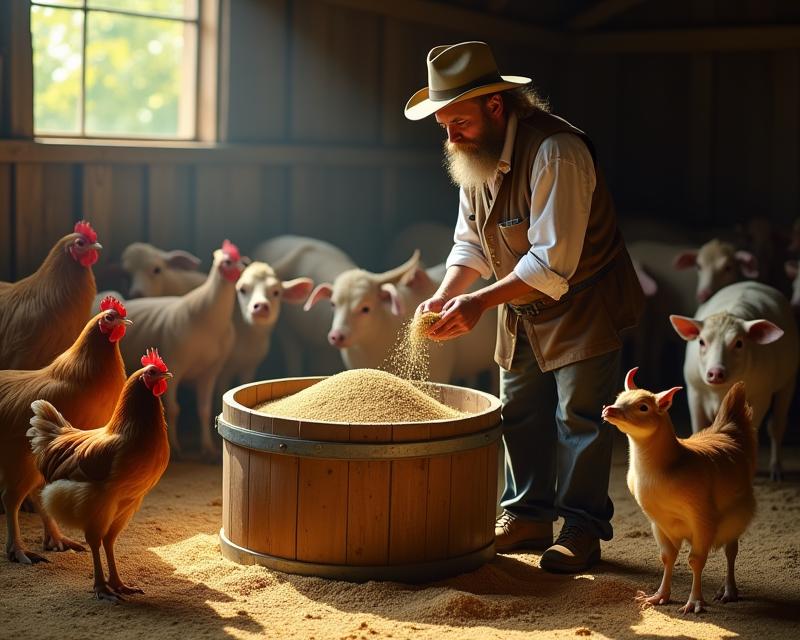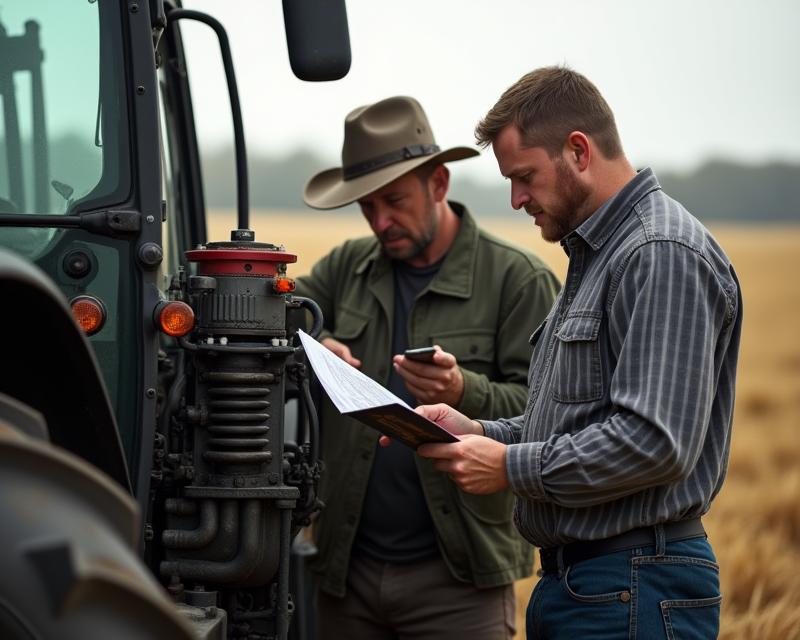Smart Storage: Protecting Your Harvest!
Publish in Farm Business el 23/07/2025 17:07
Smart Storage: Protecting Your Harvest!
As farmers and gardeners, we pour our hearts and souls into growing amazing crops. But what happens when you have a bumper crop – more than you can sell right away? Effective storage and inventory management are crucial for protecting your investment and ensuring a steady income stream. It's about more than just finding a place to put things; it's about preserving quality and maximizing value.

Why is Storage Important?
Surplus production is a fantastic problem to have, but without a plan, it can quickly turn into a costly one. Spoilage, pest infestations, and fluctuating market prices can all eat into your profits. Proper storage helps you bridge the gap between harvest and sale, allowing you to capitalize on better market conditions later. It also reduces waste, contributing to a more sustainable farming operation. Think of it as an investment in your farm's future!
Storage Strategies: A Farmer's Toolkit
The best storage method depends on the crop. Here are a few common options:
- Cool Storage: Many fruits and vegetables benefit from cool, humid environments. Root cellars, walk-in coolers, or even modified sheds can work. Proper ventilation is key to prevent mold.
- Dry Storage: Grains, beans, and other dry goods need to be kept in a dry, well-ventilated area to prevent moisture damage and pest infestations. Silos, bins, and airtight containers are popular choices.
- Freezing: Freezing is a great way to preserve many crops, especially berries, vegetables, and fruits. Invest in a good quality freezer and follow proper freezing techniques to maintain quality.
- Canning & Preserving: Canning, pickling, and drying are traditional methods that allow you to store crops for long periods. Ensure you follow safe canning practices to prevent spoilage.
Inventory Management: Knowing What You Have
Storage is only half the battle. You need a system to track what you have, when it was stored, and when it needs to be sold. A simple spreadsheet can work wonders! Record details like crop type, quantity, storage location, and estimated shelf life. Regularly check your inventory to identify crops nearing their expiration date and prioritize sales. This prevents waste and ensures you’re getting the best possible return on your investment. Consider using a farm management software for more advanced tracking and reporting.
Tips for Success
- Invest in proper ventilation.
- Control pests with preventative measures.
- Label everything clearly with harvest dates.
- Rotate your stock – first in, first out.
- Regularly inspect stored crops for signs of spoilage.
By implementing smart storage and inventory management strategies, you can minimize losses, maximize profits, and ensure a thriving farm business. It takes a little planning and effort, but the rewards are well worth it!





